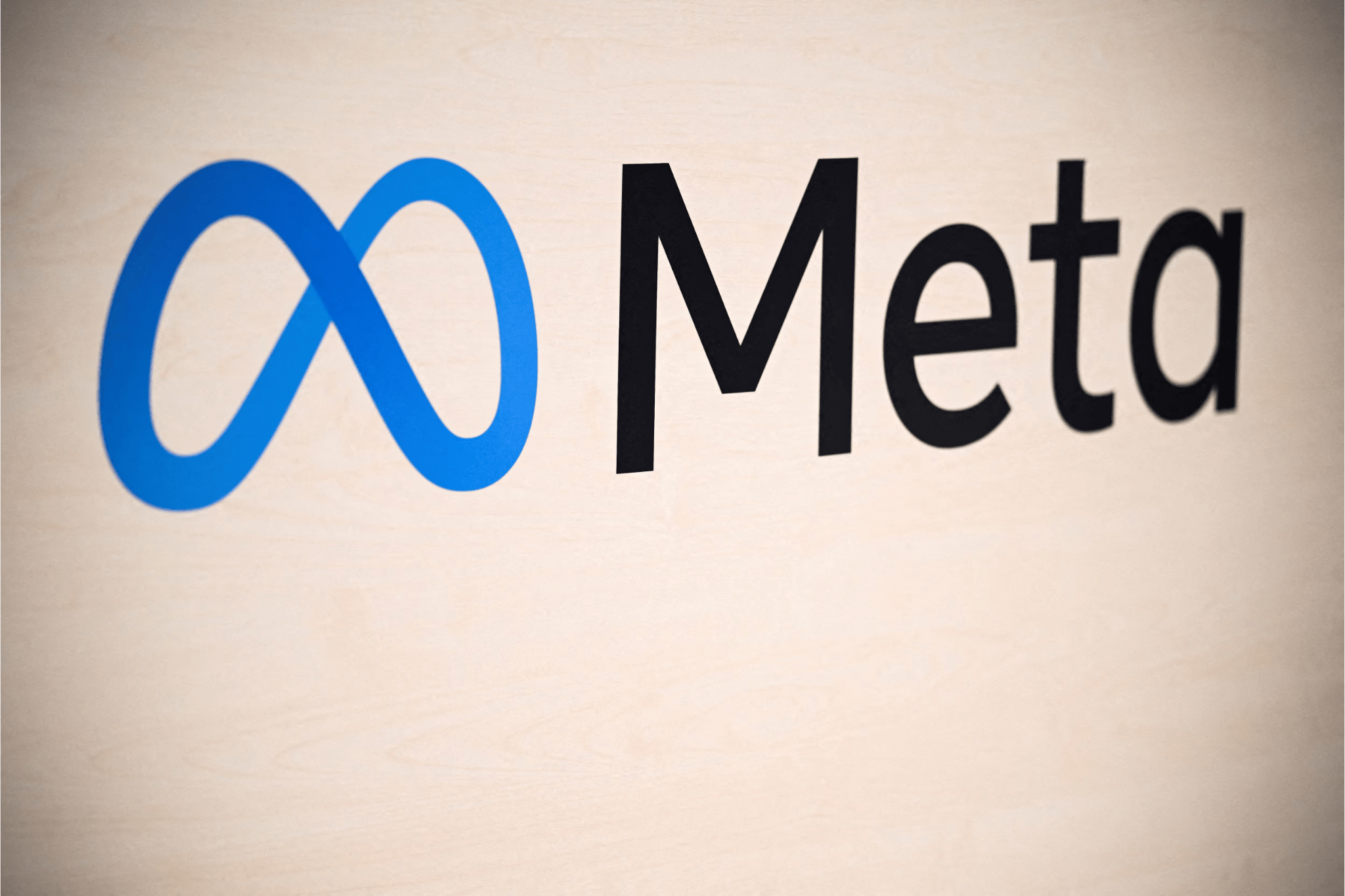Meta in Talks to Raise $29B for AI Data Centers: How Meta’s Mega-Fundraising Will Shape the Future of Artificial Intelligence
Meta Platforms is seeking $29 billion in equity and debt to fund new AI data centers in the US, marking one of the largest private credit deals in tech history. Discover what this means for the AI industry, Meta’s strategy, and the future of artificial intelligence infrastructure.
Meta’s $29 Billion AI Data Center Fundraising: A New Era for Artificial Intelligence Infrastructure
Meta Platforms, the parent company of Facebook, is making headlines with its ambitious plan to raise $29 billion in equity and debt to build state-of-the-art AI data centers in the United States. This move is not just a financial milestone—it signals a seismic shift in how tech giants are preparing for the next wave of artificial intelligence innovation.
Why Is Meta Raising $29 Billion?
Meta’s fundraising strategy is designed to secure the massive computing power needed to develop and deploy advanced AI models. The company is seeking $3 billion in equity and $26 billion in debt, partnering with heavyweight private credit investors such as Apollo Global Management, KKR, Brookfield, Carlyle, and PIMCO. This approach allows Meta to move quickly, avoid the scrutiny of public markets, and structure deals with greater flexibility.
Mark Zuckerberg, Meta’s CEO, has already committed up to $65 billion this year to AI infrastructure, underscoring the company’s determination to outpace rivals like OpenAI and Google in the AI arms race. The $29 billion raise is a cornerstone of this broader strategy, enabling Meta to rapidly expand its AI capabilities.
The Strategic Rationale Behind the Move
Meta’s decision to pursue private credit over traditional public financing is about more than just speed. Private credit deals offer:
Faster deployment of capital: Meta can break ground on new data centers without waiting for lengthy regulatory approvals.
Flexible terms: The company can negotiate custom terms that suit its unique needs and risk profile.
Reduced public scrutiny: By avoiding public bond markets, Meta can keep more details of its AI infrastructure plans under wraps.
This strategy is particularly important as the demand for AI-optimized data centers skyrockets. These facilities are essential for connecting thousands of high-performance chips, supporting the development of large language models, generative AI, and other advanced technologies.
What Will the New Data Centers Enable?
The new data centers funded by this $29 billion raise will power Meta’s next generation of AI workloads. These facilities are expected to be among the largest and most advanced in the world, with some sites—like the planned Louisiana complex—spanning millions of square feet and requiring over 2 gigawatts of power, enough to supply hundreds of thousands of homes.
In addition to supporting Meta’s own AI research and products, these data centers could play a pivotal role in the broader AI ecosystem, providing infrastructure for startups, researchers, and potentially even competitors.
The Industry Context: An AI Infrastructure Arms Race
Meta’s fundraising is part of a much larger trend. Tech giants like Microsoft and Amazon are also pouring billions into AI data centers. Microsoft, for example, has earmarked $80 billion in capital expenditures for 2025, primarily to expand its AI data center capacity. The race is on to secure the computing resources necessary to lead in artificial intelligence, and the stakes are enormous.
Debt financing is becoming the norm for these massive infrastructure projects. Companies like CoreWeave and OpenAI are also leveraging billions in loans to build out their own AI-optimized facilities, sometimes using graphics cards as collateral. This shift reflects the urgency and scale of the AI opportunity—and the willingness of investors to bet big on its future.
Risks and Rewards
While investor sentiment is largely positive, there are risks to Meta’s strategy. The company will take on a significant debt burden, with annual interest payments estimated at $2.3 billion. There’s also the challenge of ensuring that AI monetization keeps pace with capital expenditures, as well as potential risks of overcapacity if AI demand doesn’t grow as quickly as expected.
On the other hand, if Meta’s bet pays off, it could secure a dominant position in the AI infrastructure market, setting the standard for how future AI models are trained, deployed, and scaled.
Conclusion
Meta’s $29 billion fundraising effort is more than just a financial headline—it’s a bold statement about the future of artificial intelligence and the infrastructure needed to power it. As the company races to build the data centers of tomorrow, the entire tech industry—and the world—will be watching to see how this unprecedented investment shapes the next era of AI innovation.
